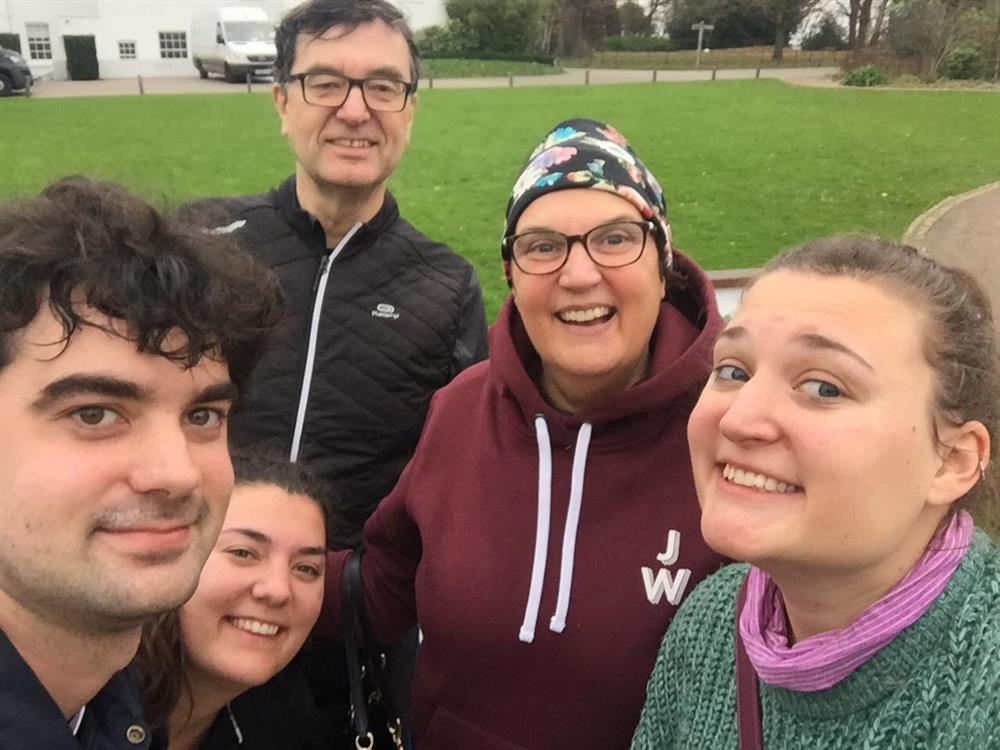
Unpaid caring is an issue hidden in plain sight. Almost all of us have had caring responsibilities, or know someone else who has, and have struggled to balance them with work and other claims on our time.
YouGov estimated in 2019 that 1 in 7 UK workers were juggling work and unpaid care. The COVID 19 crisis has made this situation worse. Carers UK estimates that there are now 2.8 million extra workers who now have caring responsibilities and carers have taken on an extra 10 hours a week of care during the crisis, very many are struggling to cope. Having an employer who faces into this, puts in place measures that support carers and drives a culture that normalises the challenges, makes all the difference.
I have caring responsibilities for my disabled sister and I also cared for my elderly widowed father until he died in January.
I have found myself having to drop out of meetings to take urgent phone calls, and take time out from the office, sometimes without notice, to deal with emergencies. At times, I have found this exhausting. But it has also been emotionally rewarding. On 22 January, following a phone call from the hospital, I was able to drive to be with my dad for his last afternoon and say a proper goodbye.
As a senior manager, with substantial control over how I use my time, this is in some ways easier for me to cope with. But, having spoken to many other colleagues in different work settings including our people in call centres and our service engineers, it is encouraging that they too have overwhelmingly felt well supported with their caring responsibilities.
My employer, Centrica, has put in place a range of measures to help. Our carers leave policy allows people to access up to 6 weeks of paid leave. This is further supported by flexible working, adapted to suit our people’s needs, and we have carers’ passports so, as colleagues move to different roles, they do not need to explain to new managers their caring responsibilities and entitlements. We also have a carers network with around 1000 members supporting each other.
We continue to campaign with Carers UK for other employers to introduce similar measures. We can show them these measures are hugely in an employer’s interests. 600 people a day leave the UK workforce because they can no longer balance work and care. This particularly affects experienced workers (the peak period for caring is between 45 and 54), who employers can ill afford to lose. It is a major diversity issue, as caring falls disproportionately on women. At Centrica, we’ve calculated that through our policies we save £1.8m a year by avoiding unplanned absences and reduced productivity, and £1.3m cumulatively through increased retention.
But, most importantly, these measures drive a culture of care and collaboration in workplaces and normalise the issue of balancing work and care. Every one of us may find ourselves in this situation and, when we do, the support of our colleagues is vital.
If you’d like to find out more about what we do at Centrica to support our carers and how it makes a difference, read our guide to caring in the workplace.